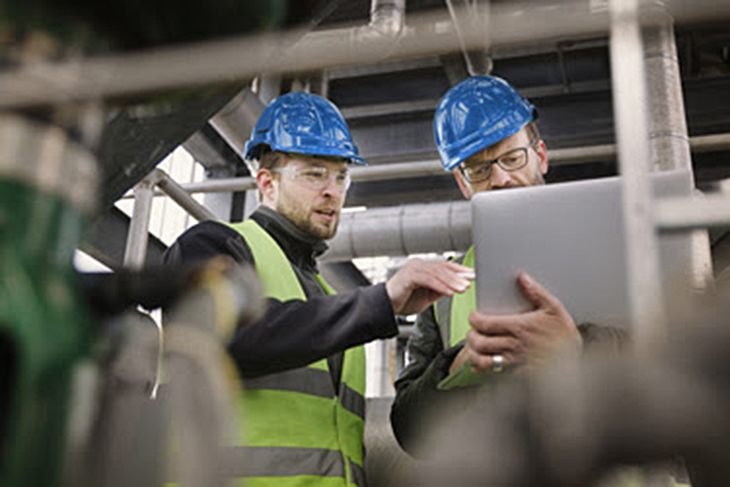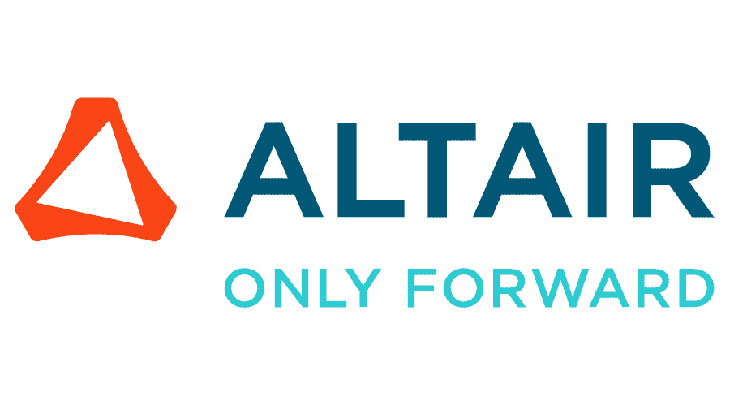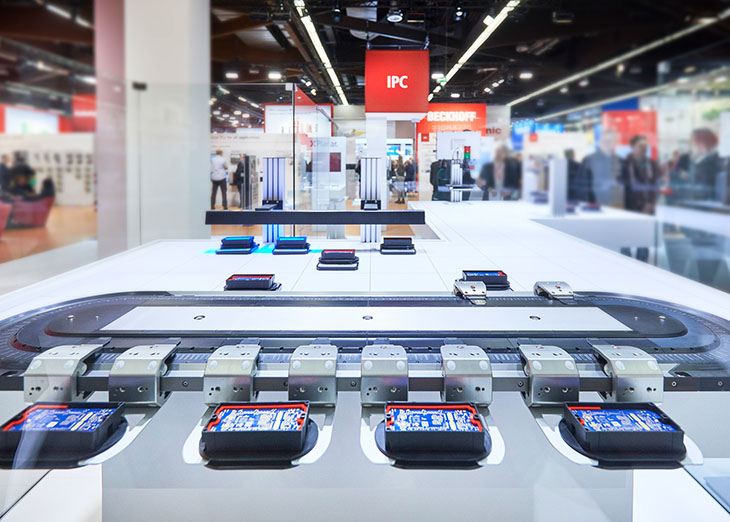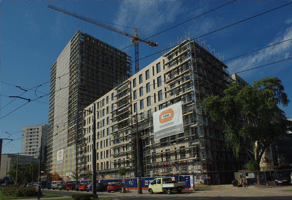Hirschvogel commissions innovative Schuler press line in Denklingen / First SDT forging press of this size
The Hirschvogel Automotive Group is one of the largest suppliers of forged components for the automotive industry. At its headquarters in Denklingen, Germany, the globally operating company is currently commissioning a new Schuler press with 2,000 metric tons of force to manufacture a variety of shafts for transmissions, drivetrains and engines. It is the first press line of this size to feature Schuler’s ServoDirect Technology (SDT).
“The inclusion of ServoDirect Technology will result in a further improvement in output performance,” explains Frank Dobus, Works Manager at Hirschvogel. “The ability to accurately control the slide speed means we can closely coordinate the forming and transfer processes and prolong die service lifes. The freely programmable slide movement also greatly facilitates machine set-up. And in addition, we also expect the new machine to have much lower energy requirements.”
These same benefits have already seen servo drives firmly establish themselves for the forming of sheet metal parts. Schuler is now equipping an increasing number of forging presses with ServoDirect Technology. In addition to the MSL 2-2000 press, these also include a 1,600-metric-ton closed die forging press and a 500-metric-ton knuckle-joint press. The MSL 2-2000 is already the seventh Schuler machine in operation at Hirschvogel’s facilities.
Decaying bridges delay transport
The only stumbling block for the recent purchase was the transporting of the cold forging press: Hirschvogel had to repeatedly alter the delivery route as several bridges along the way were in need of repair. As they would not have been strong enough to bear the extreme load, the relevant authorities banned their use for heavy-goods transporting. This is nothing unusual in Germany: “Decaying bridges are making it increasingly difficult to plan road haulage,” says Frank Dobus, confirming Schuler’s own experience. “In the long run, this local disadvantage can jeopardize the very existence of our domestic companies.”
In the end, it took three days and three nights to transport the press from Göppingen to the customer’s main site in the south German town of Denklingen – including changing the lowboy trailer in order to receive permission to use a federal highway. The direct journey by car takes only about two hours. The press installation had finally started at Hirschvogel’s plant in early November, and production is now due to start in April. By then, the frustration caused by the difficult transport journey will hopefully be forgotten.
























